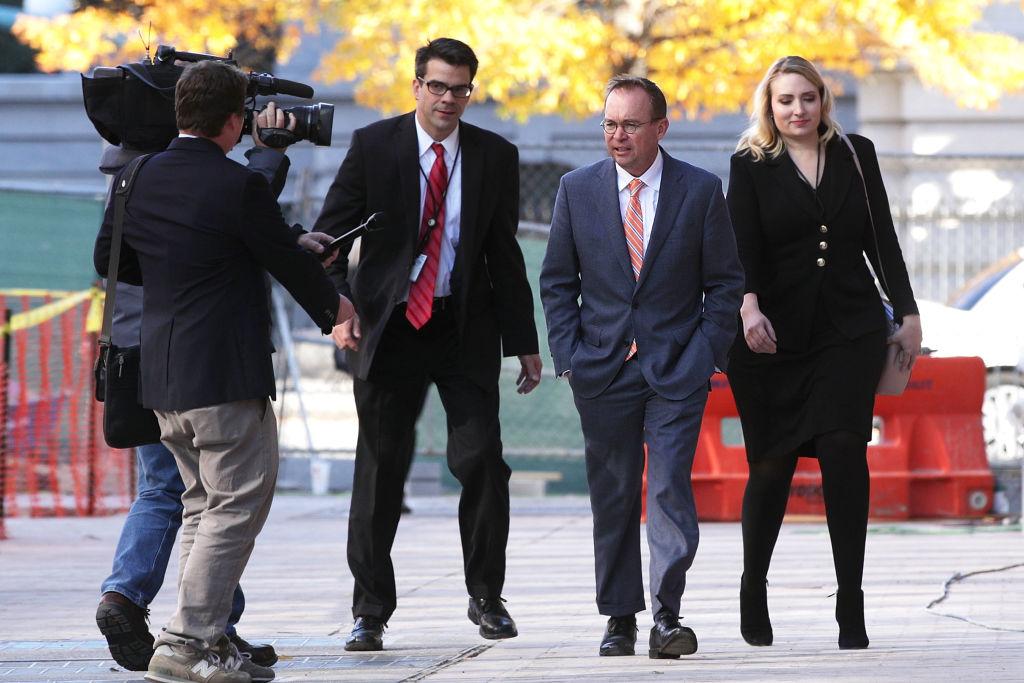WASHINGTON—The Trump administration and Obama-era bureaucrats are dueling over who will lead the Consumer Financial Protection Bureau (CFPB), with each side relying on a statute to support its position.
The consumer watchdog agency has been contentious since it began operations in 2011. President Donald Trump has called the CFPB “a total disaster” and vowed to dismantle it. The choice of who leads the agency will be crucial for determining what role the CFPB plays going forward.





